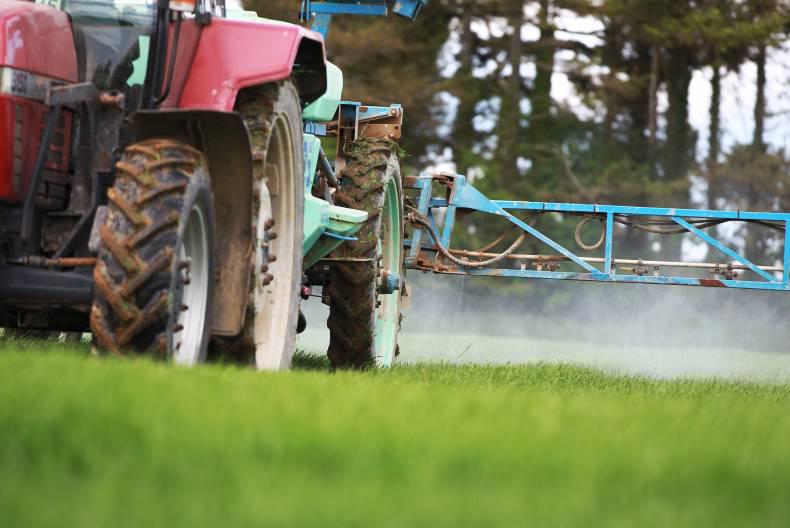The extension will allow the European Chemicals Agency (ECHA) to complete a report on the health impact of glyphosate due next year. The ingredient is used in Monsanto's Roundup and other popular herbicides.
"The Commission will follow our legal obligation. We know very well that we have a deadline of 30 June and we will adopt an extension of glyphosate for 18 months, asking the ECHA to present their final outcomes," Andriukaitis told a news conference following the council meeting.
"I'm surprised about the position of some member states," he added, after successive meetings of expert committees appointed by EU countries failed to reach the qualified majority required to license a pesticide. France and Malta voted against the re-authorisation of glyphosate at the last committee meeting, while seven other member states, including Germany, abstained. Ireland voted in favour. The lack of qualified majority meant the decision reverted back to the European Commission.
There have been conflicting scientific reports into the potential health effects of glyphosate, with the European Food Safety Authority (EFSA) concluding that “it is unlikely that this substance is carcinogenic”.
Last week, the French food safety authority ANSES banned 132 herbicides combining glyphosate and its co-formulant polyethoxylated tallow amine (POEA), arguing that "unacceptable risk, including to human health, could not be ruled out for those products" as a result of the two chemicals being used together.
Read more
Full coverage: glyphosate
The extension will allow the European Chemicals Agency (ECHA) to complete a report on the health impact of glyphosate due next year. The ingredient is used in Monsanto's Roundup and other popular herbicides.
"The Commission will follow our legal obligation. We know very well that we have a deadline of 30 June and we will adopt an extension of glyphosate for 18 months, asking the ECHA to present their final outcomes," Andriukaitis told a news conference following the council meeting.
"I'm surprised about the position of some member states," he added, after successive meetings of expert committees appointed by EU countries failed to reach the qualified majority required to license a pesticide. France and Malta voted against the re-authorisation of glyphosate at the last committee meeting, while seven other member states, including Germany, abstained. Ireland voted in favour. The lack of qualified majority meant the decision reverted back to the European Commission.
There have been conflicting scientific reports into the potential health effects of glyphosate, with the European Food Safety Authority (EFSA) concluding that “it is unlikely that this substance is carcinogenic”.
Last week, the French food safety authority ANSES banned 132 herbicides combining glyphosate and its co-formulant polyethoxylated tallow amine (POEA), arguing that "unacceptable risk, including to human health, could not be ruled out for those products" as a result of the two chemicals being used together.
Read more
Full coverage: glyphosate






 This is a subscriber-only article
This is a subscriber-only article










SHARING OPTIONS: